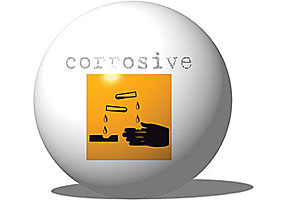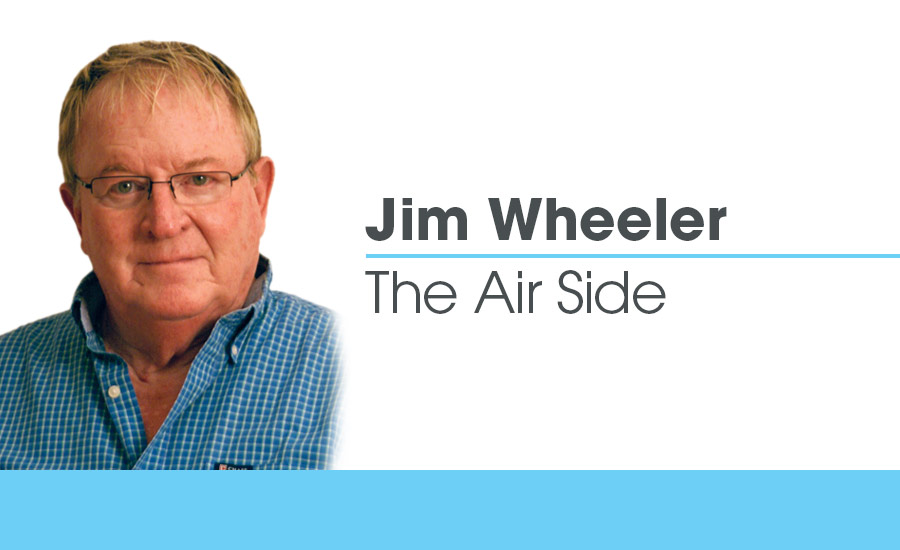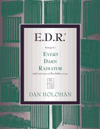
|
Service agreements and tune-ups or “preventive maintenance,” as is required by most A/C equipment manufacturers to fulfill warranty obligations, too often is poorly done by servicing dealers. Frequently, more harm is done than good.
A short time back I was asked to look at some A/C units that were mounted atop a medical outpatient surgery unit in Tampa, Fla., and to find out why they were drawing so much electricity and no longer cooling as well. When I got there, I found eight rooftop units that were about 5-years-old and at the edge of their warranties. Although a reputable local contractor had serviced each unit twice a year, something clearly was wrong.
A quick look at the condenser (outdoor) coils indicated the source of the problem. They all were eaten away! They were not located where there was a salt spray or other sources of corrosion. It was the chemicals used to clean them that had caused the destruction. I lightly brushed the coil with my hands and the fins just fell off.
The most important part of maintaining high efficiency in A/C units and heat pumps involves maintaining good fin integrity and bonding to the coil tubes since this is where the heat transfer takes place. Whenever corrosive materials are used on the coils, two things happen:
1. The aluminum fins dissolve.
2. The bond between the copper tube and the aluminum fins is destroyed by electrolysis.
How would something like that happen? Take a look at the ingredients in the “coil cleaning” solutions you sell.
I don’t know how they get away with it legally, but most foaming “brightening” coil cleaners sold in our industry have just one active ingredient, sodium hydroxide (lye). Yet, the bottles clearly are marked “safe,” “non-caustic” and “contains no acids.” Of course, lye contains no acids. But is it safe? Go ahead and read the warning label. Yes, lye is caustic.
What does lye do to aluminum? The drain-cleaning brand “Draino” used to contain lye in order to cause it to foam inside drains. And yes, the fact that the coil-cleaning product is lye-based is proven by the fact it is advertised as a foaming brightener. The lye foams by destroying the protective aluminum-oxide outer layer.
I know that you sell this stuff and will continue to do so as long as your customers ask for it. However, a mild soap solution or a degreaser is a much better alternative. Each cleaning with a corrosive solution knocks years off the coil life while greatly reducing its efficiency and operating capacity.
I don’t know why equipment manufacturers have been so unwilling to step up and address this issue. They all know it’s a problem. Could it be a thought of “planned obsolescence?” I mentioned this situation to a micro-channel coil manufacturer at this year’s AHR Expo and they were horrified to hear that this is being done because such a practice destroys the pressure-maintaining capacity of all-aluminum coils.
Yes, it is easy to overlook the problems that poor maintenance techniques create in favor of the benefits of an immediate sale. However, it’s bad business and damaging to the future of our industry. Why not better educate your customers?




